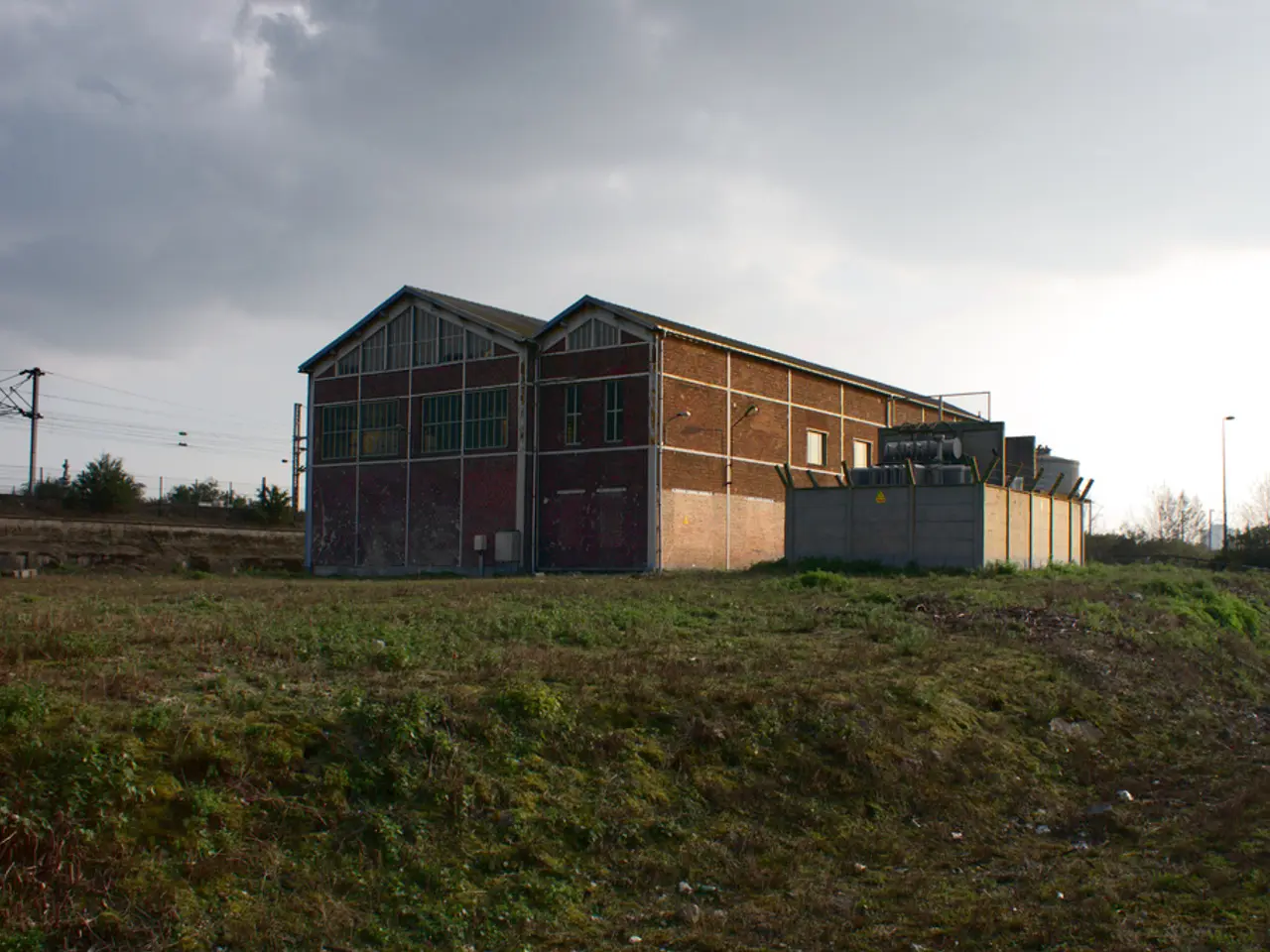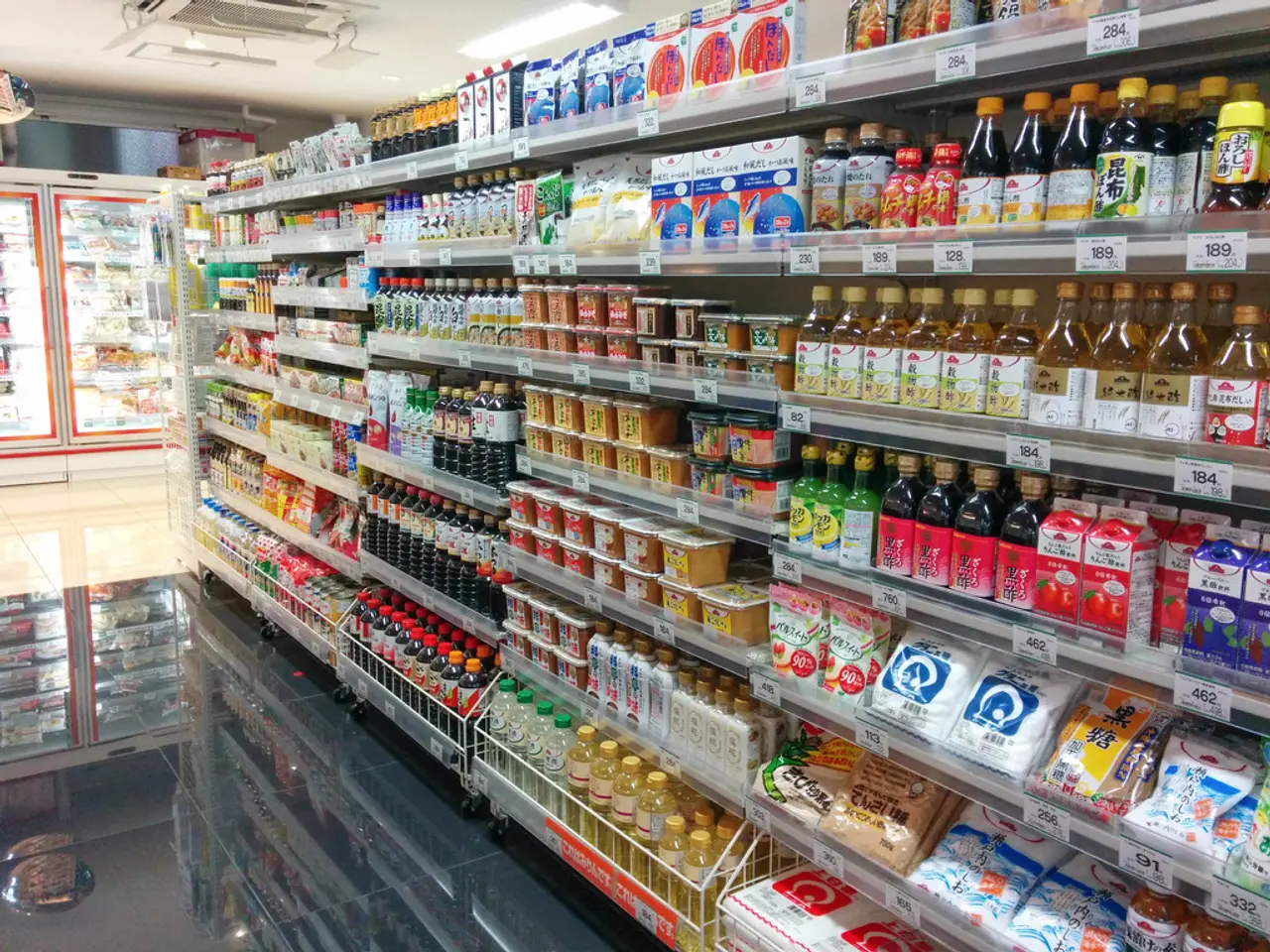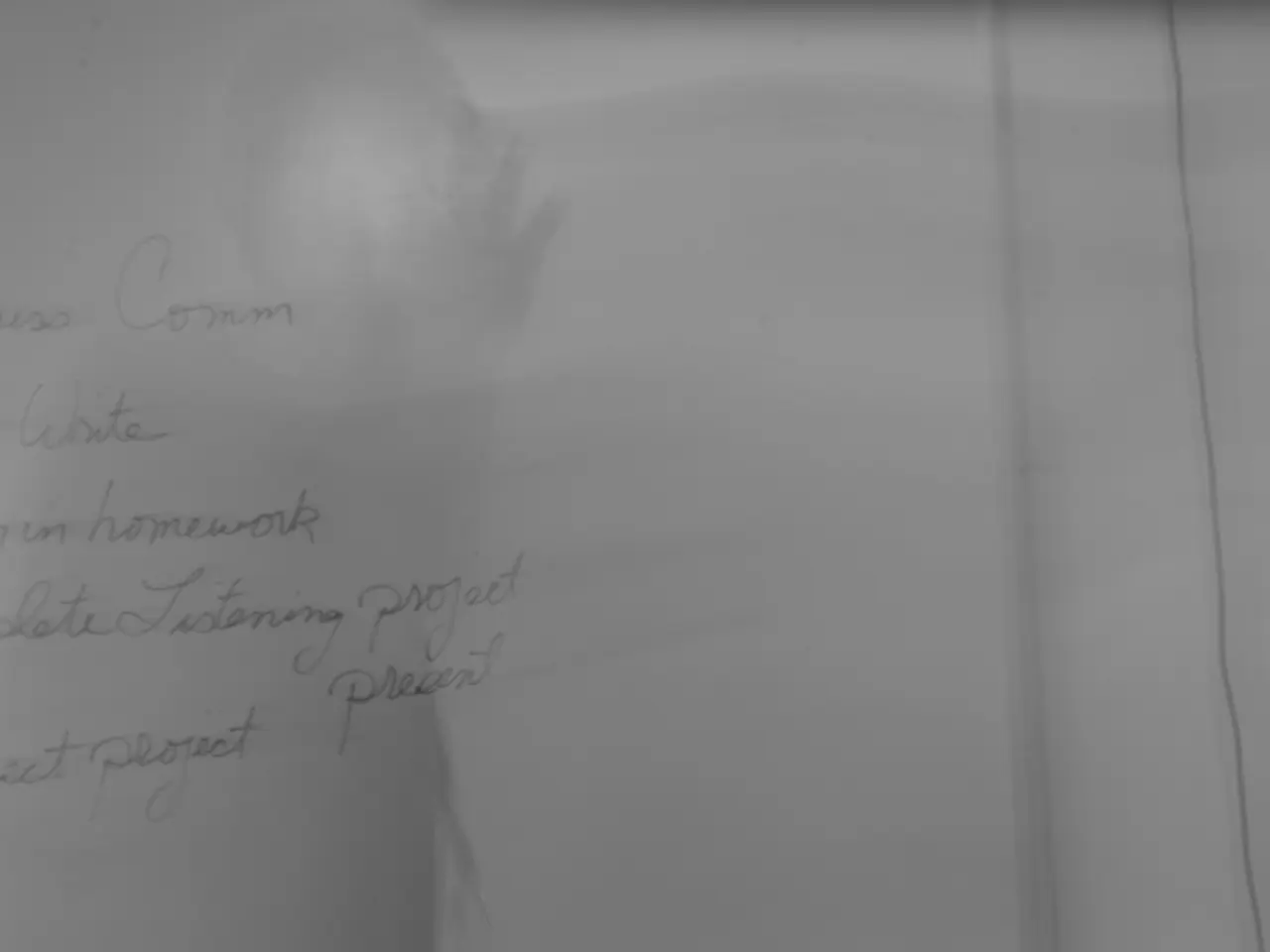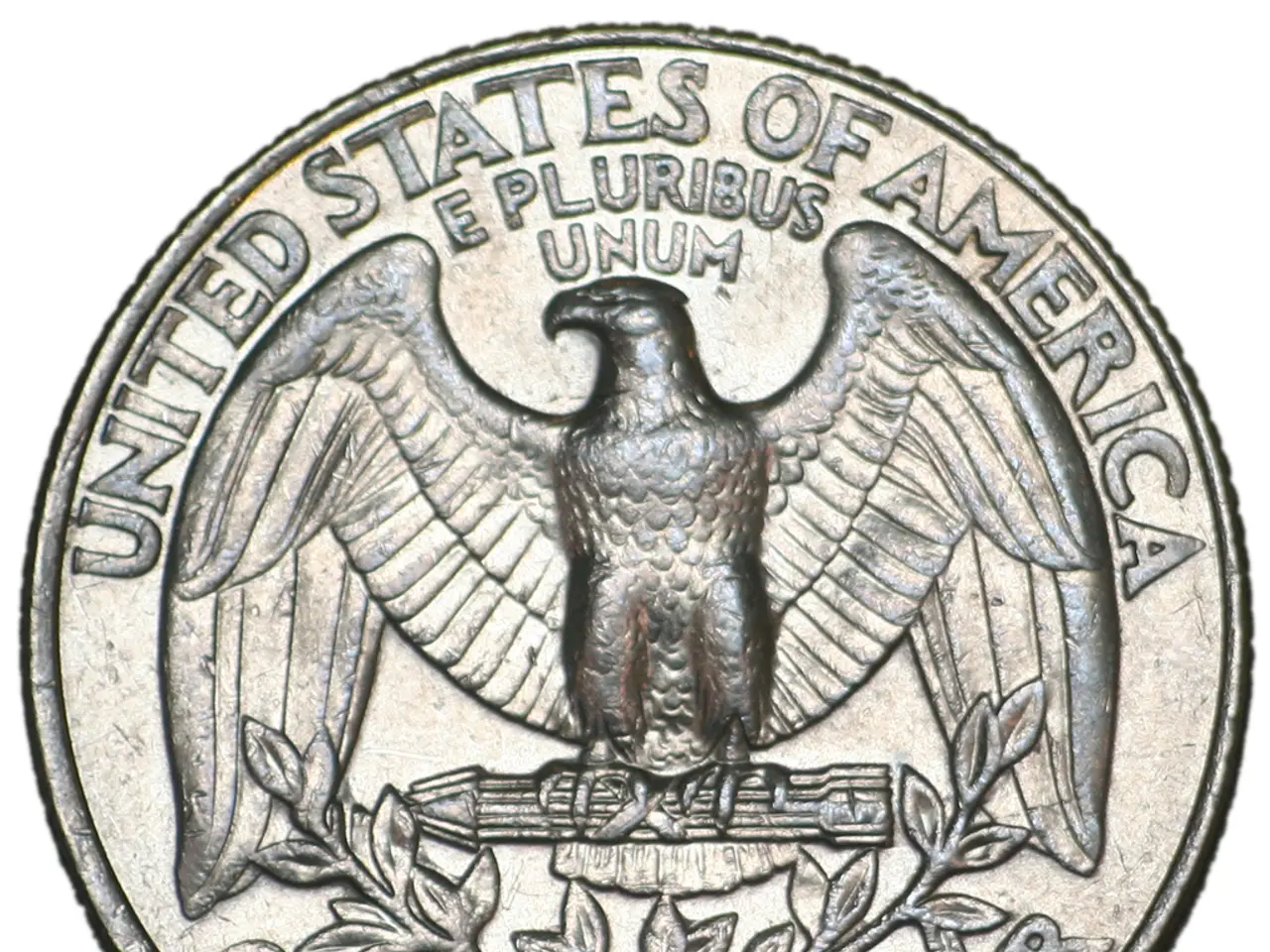Exploring Energy Conservation: The Fresh Chapter in Heating, Ventilation, and Air Conditioning Technology
As we look towards the future, there is a palpable sense of excitement about the evolution of energy efficiency within HVAC systems. The unifying movement towards a greener future, embracing energy-efficient HVAC systems and renewable energy sources, is gaining momentum.
In this transformative landscape, solar-powered HVAC solutions have become a reality, helping reduce carbon footprints and potentially eliminating energy bills. Smart thermostats, managing energy consumption efficiently, are lowering utility bills and enhancing comfort at home. These devices provide real-time updates about energy usage, encouraging mindful energy practices.
The HVAC industry has undergone significant transformations, with clear trends pointing to advancements in energy efficiency. The latest advancements in energy-efficient HVAC technologies for 2025 focus on smart systems, geothermal solutions, heat pumps, ductless designs, and enhanced zoning controls.
1. **Smart HVAC Systems with AI and IoT Integration** use artificial intelligence to learn user habits, optimizing heating and cooling schedules to reduce energy waste. IoT connectivity allows remote monitoring and control via smartphones or voice assistants, enhancing convenience and system efficiency.
2. **Geothermal HVAC Systems** use underground pipes and heat pumps to exchange heat with the ground, harnessing the earth’s stable temperatures for heating and cooling without using refrigerants. Though installation costs are higher, they operate with up to four times the efficiency of conventional systems, significantly cutting emissions and energy consumption.
3. **High-Efficiency Heat Pumps** transfer heat rather than generate it, consuming less energy. Latest models include cold-climate adaptations like Enhanced Vapor Injection (EVI) technology, making heat pumps effective even in sub-zero conditions.
4. **Ductless HVAC Systems** eliminate duct losses and offer 30-40% energy savings over traditional forced-air systems. Their zonal heating and cooling capability improves comfort while reducing wasted energy.
5. **Smart Vent Systems and Zoning Controls** allow room-by-room climate control, adjusting airflow based on real-time temperature sensing. This fine-tuning prevents over-conditioning of rooms, further reducing energy use and associated emissions.
6. **Renewable Integration and Air Quality Improvements** incorporate solar hybrid technologies and advanced air purification systems with bipolar ionization and HEPA filtration, enabling reliance on renewable energy sources and contributing to healthier indoor environments while lowering carbon impact.
Each small step towards energy conservation contributes to a broader movement dedicated to energy conservation. Living sustainably isn't merely about cutting costs; it's about forming connections, nurturing a healthier environment, and leading the way toward a brighter, greener future.
For those interested in learning more about these advancements, HVAC services in Vancouver offer additional resources. Engaging in local workshops and seminars on HVAC energy efficiency has opened new perspectives on the impact of collective action. By sharing experiences about energy efficiency with friends and family, we can inspire each other to make a difference.
References: [1] "The Future of Energy Efficiency in HVAC Systems." Mandtac.com, 1 Jan. 2021, [2] "Geothermal HVAC Systems." Energy.gov, 1 Jan. 2021,
- The integration of **artificial intelligence and IoT in smart HVAC systems** enables remote monitoring, optimized energy usage, and reduced carbon footprints.
- **Geothermal HVAC systems** leverage stable ground temperatures for heating and cooling, operating with four times the efficiency of conventional systems and significantly decreasing emissions.
- High-efficiency **heat pumps** consume less energy by transferring heat rather than generating it, with adaptations like Enhanced Vapor Injection technology for cold-climate performance.
- **Ductless HVAC systems** address duct losses and result in energy savings of 30-40% compared to traditional forced-air systems, offering zonal heating and cooling for improved comfort and reduced waste.
- **Smart vent systems and zoning controls** in HVAC technology permit room-by-room climate management, fine-tuning airflow and preventing over-conditioning to further reduce energy use and emissions.
- The combination of **renewable integration and air quality improvements** in HVAC systems includes solar hybrid technology and advanced filtration systems, promoting reliance on renewable energy sources and healthier indoor environments.




